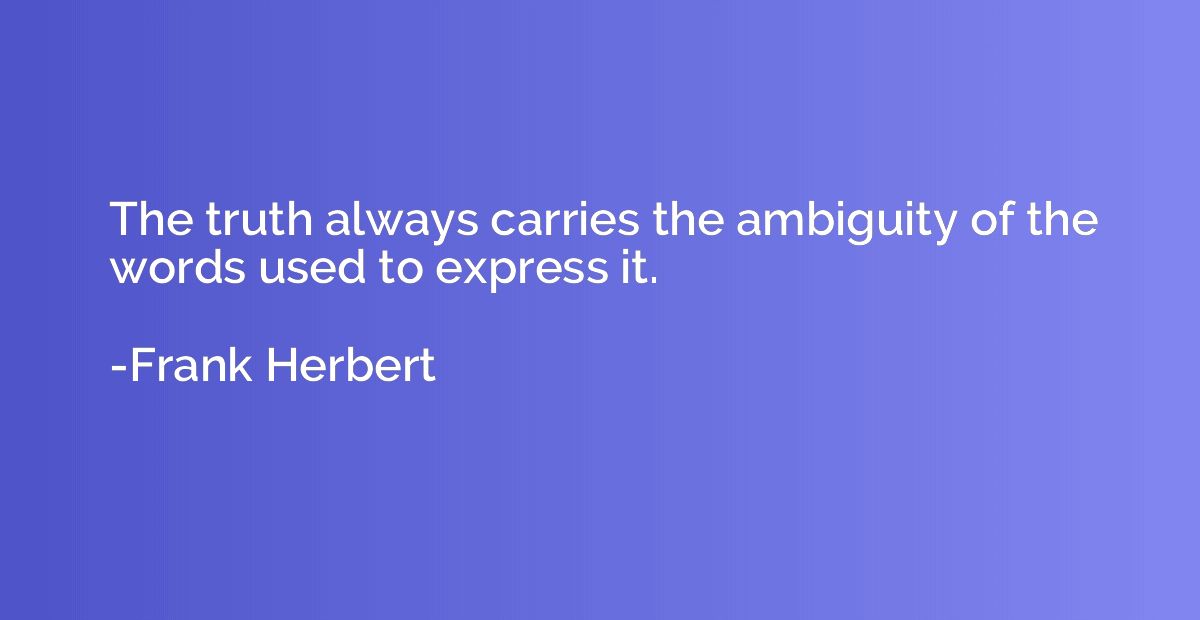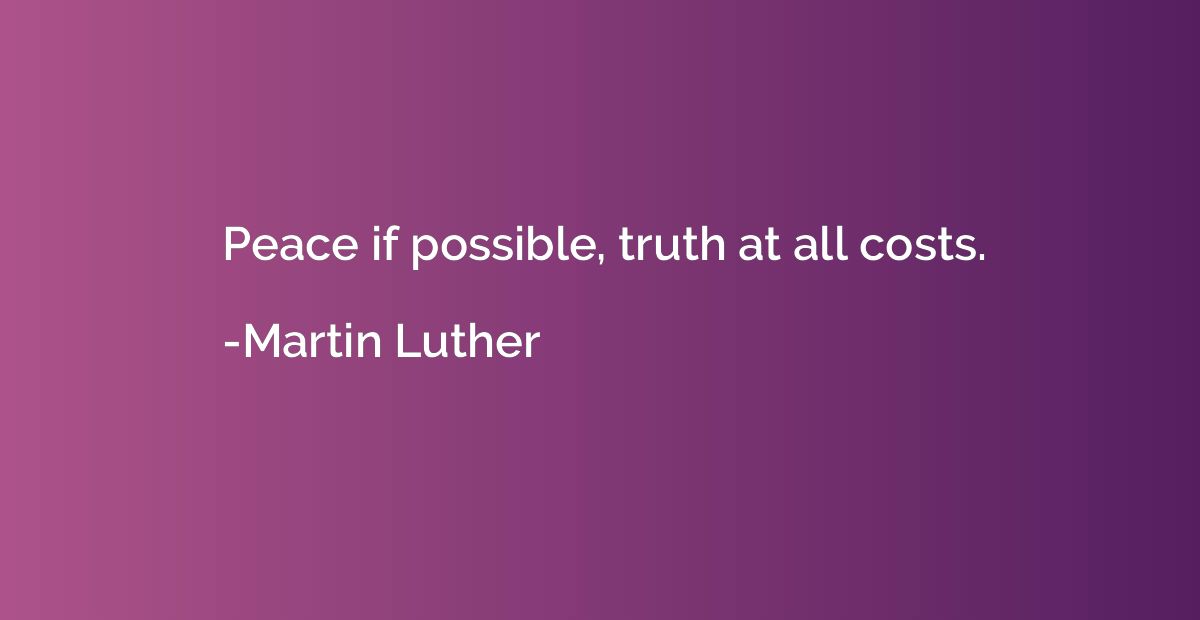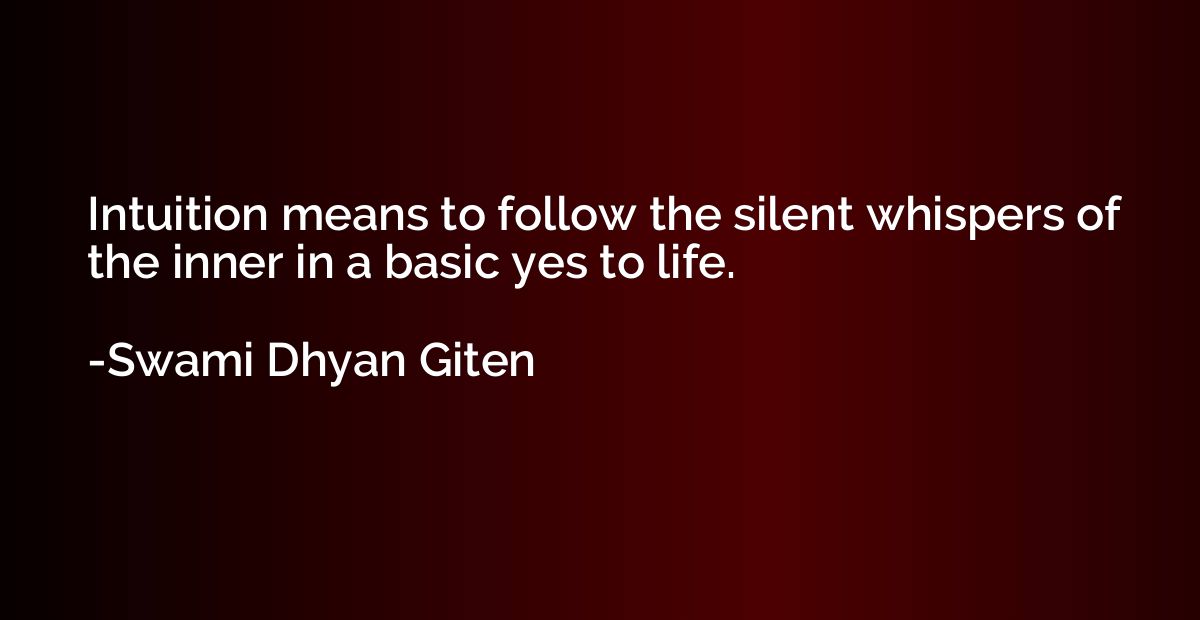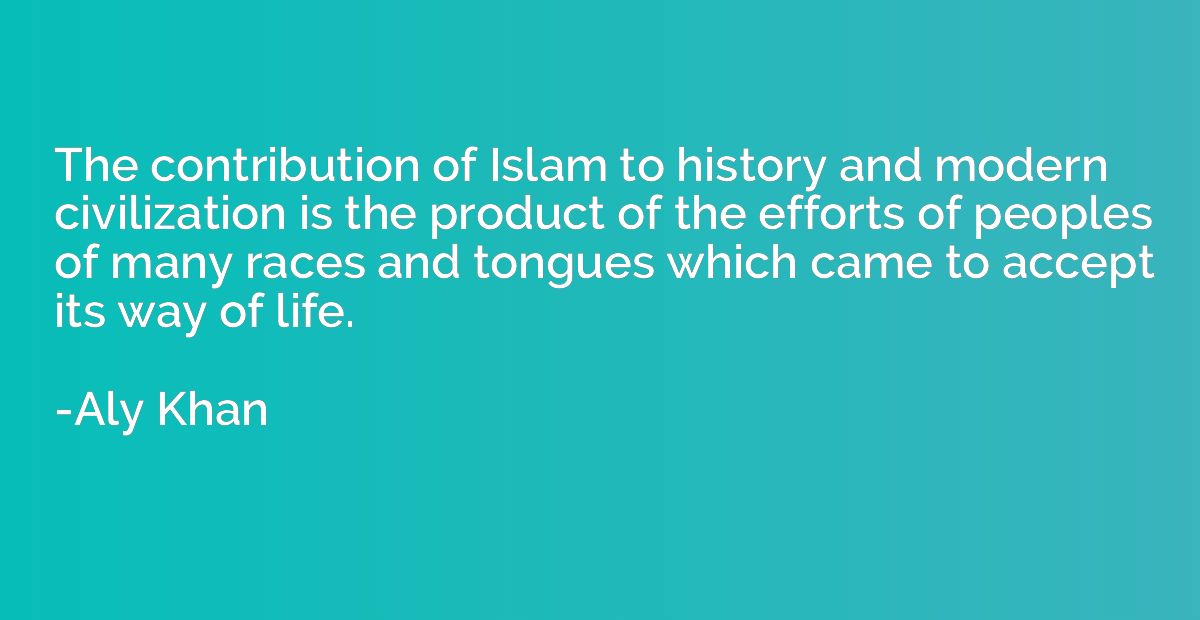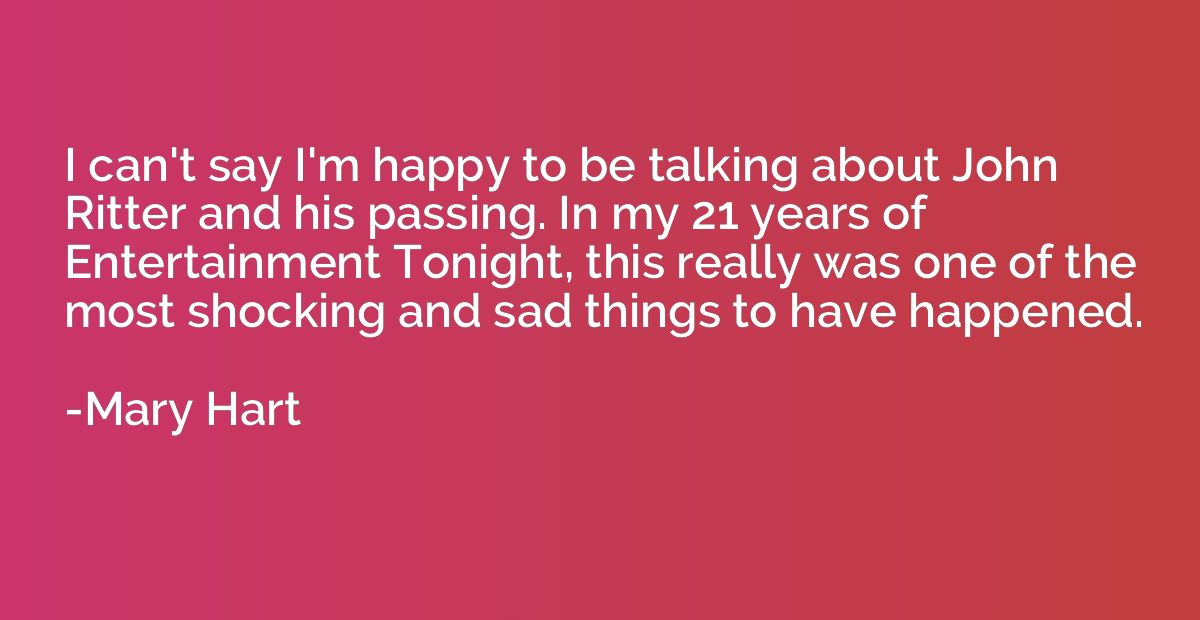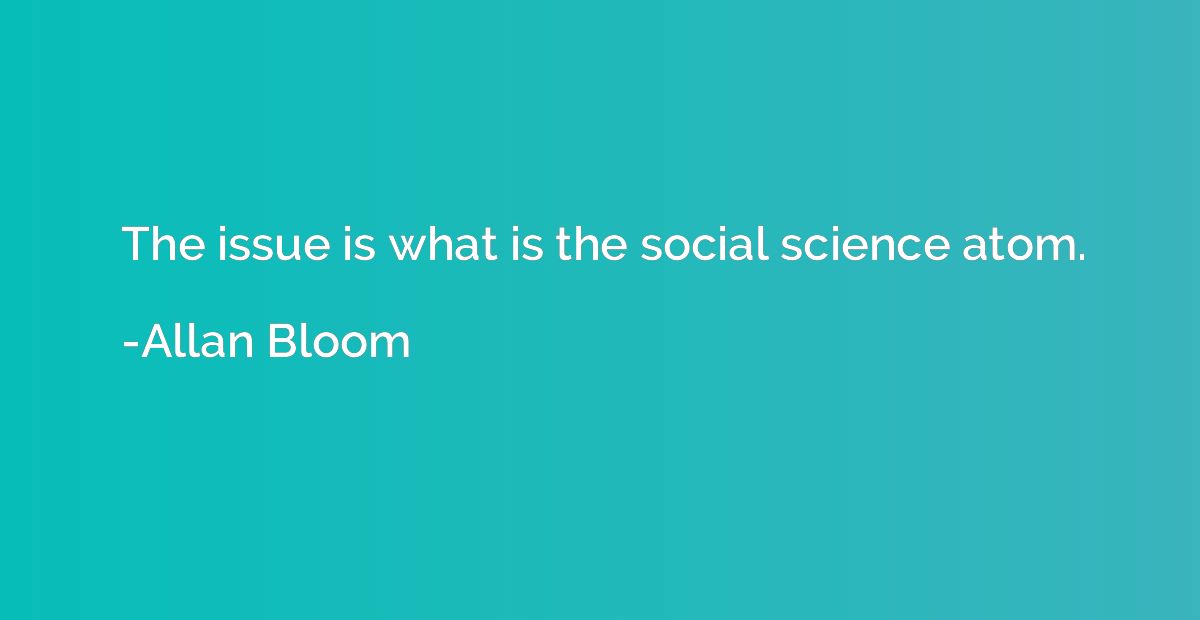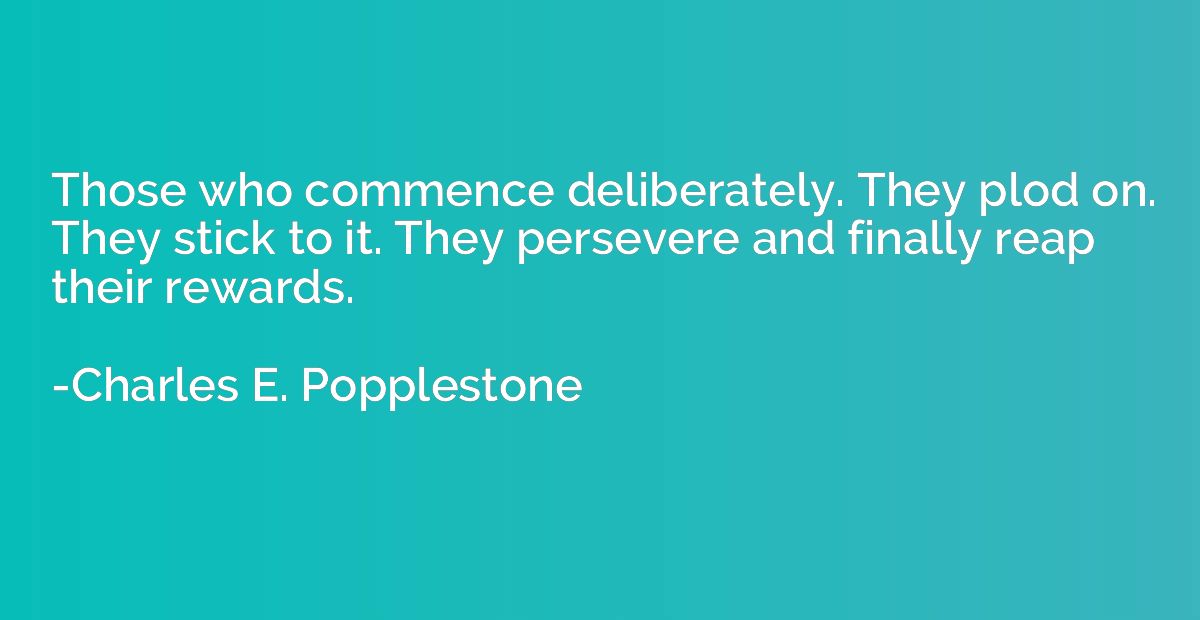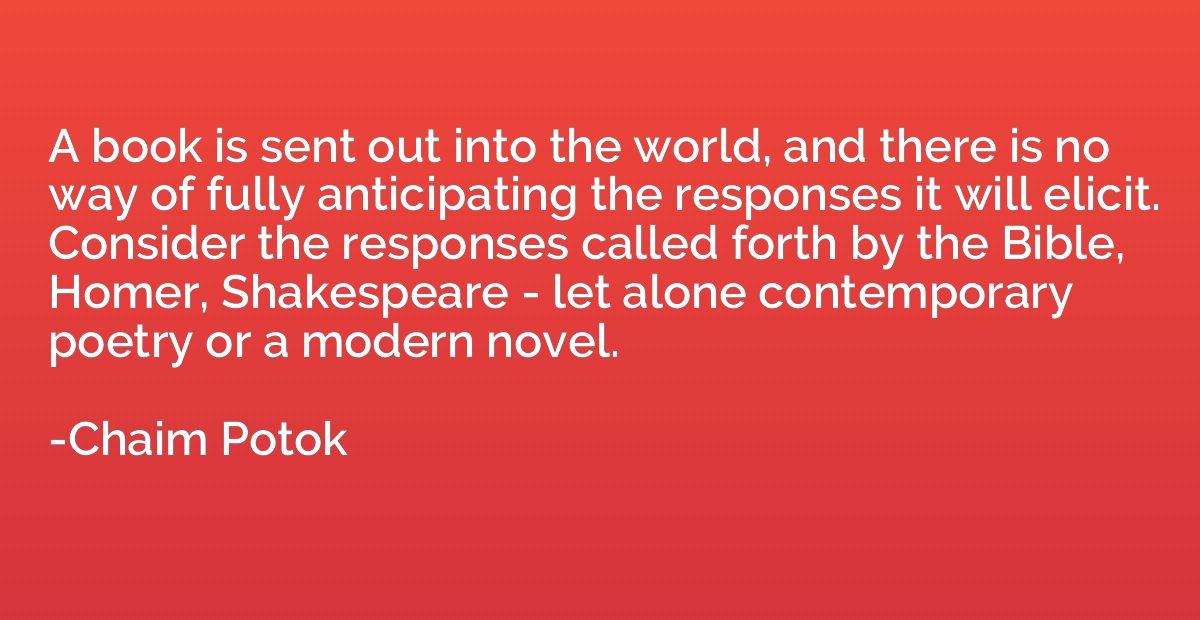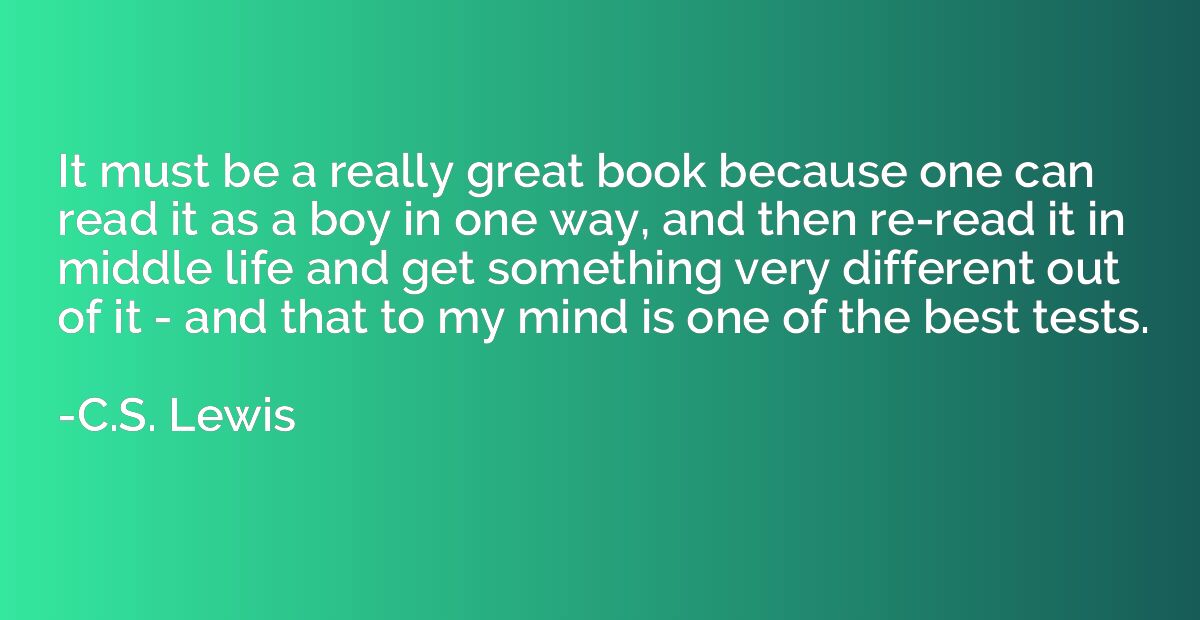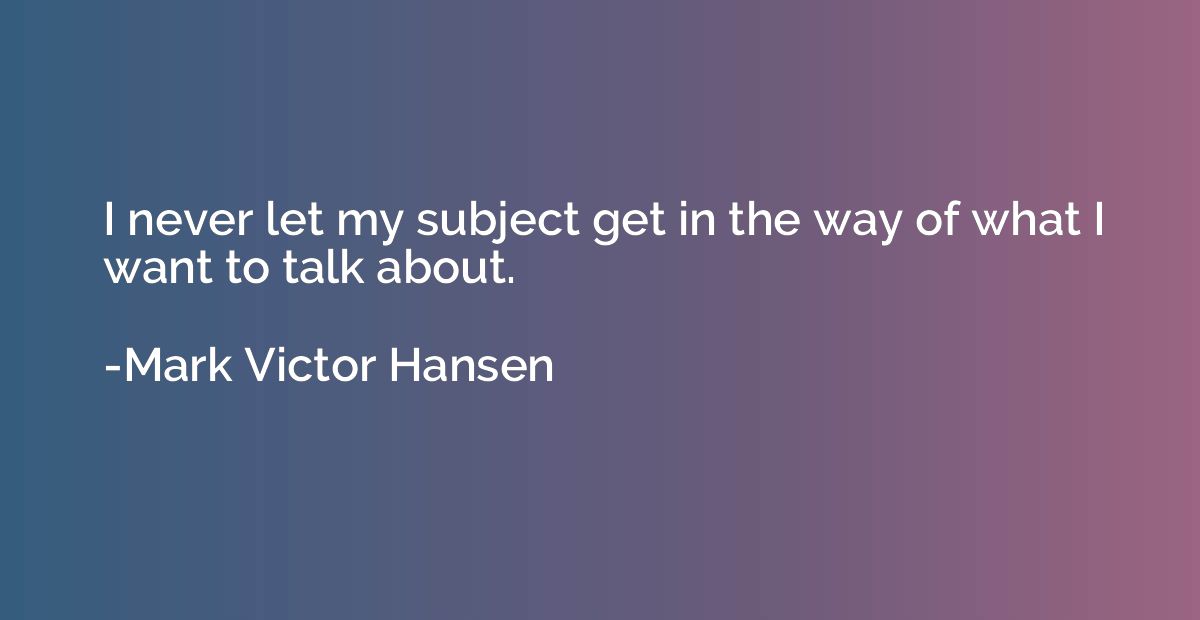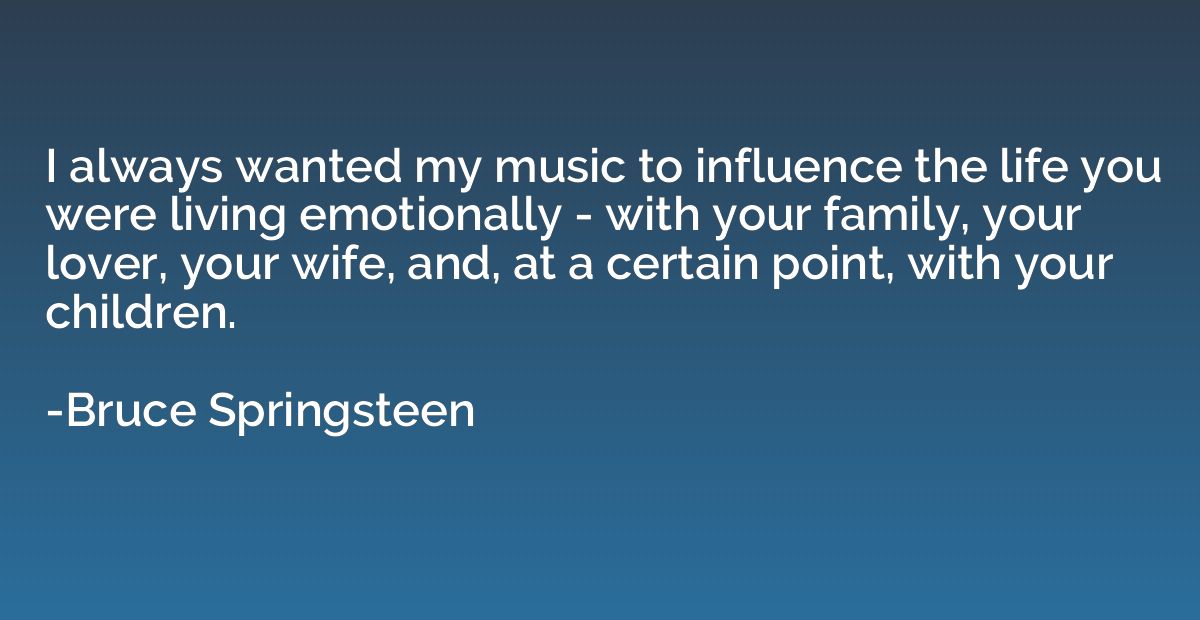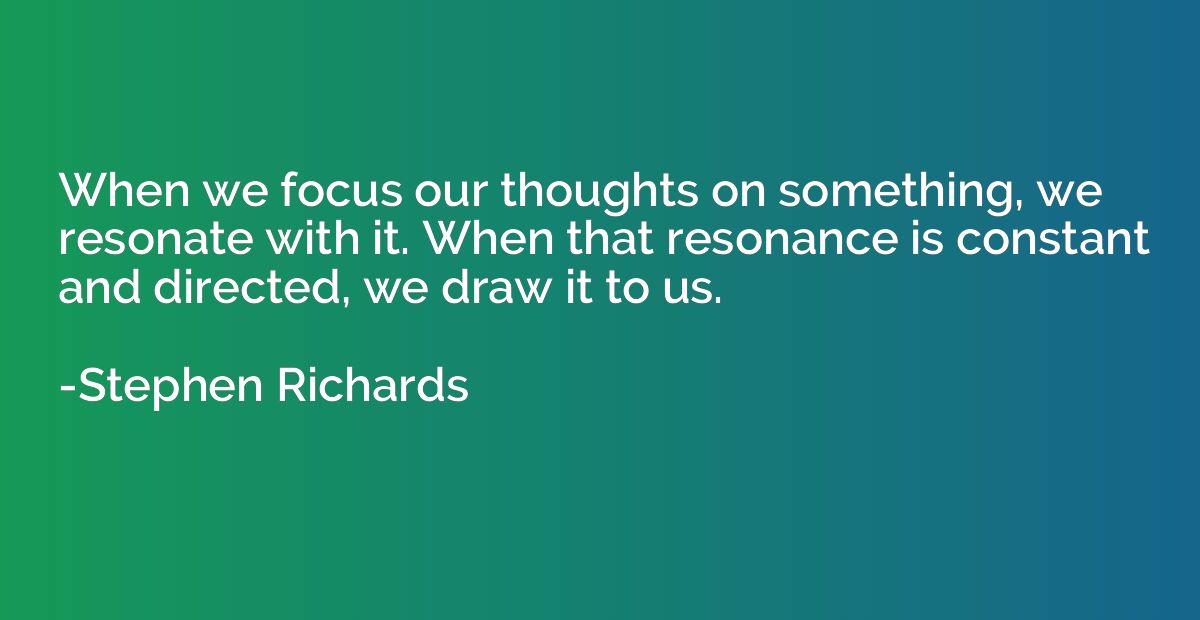Quote by Aesop
Affairs are easier of entrance than of exit; and it is but common prudence to see our way out before we venture in.
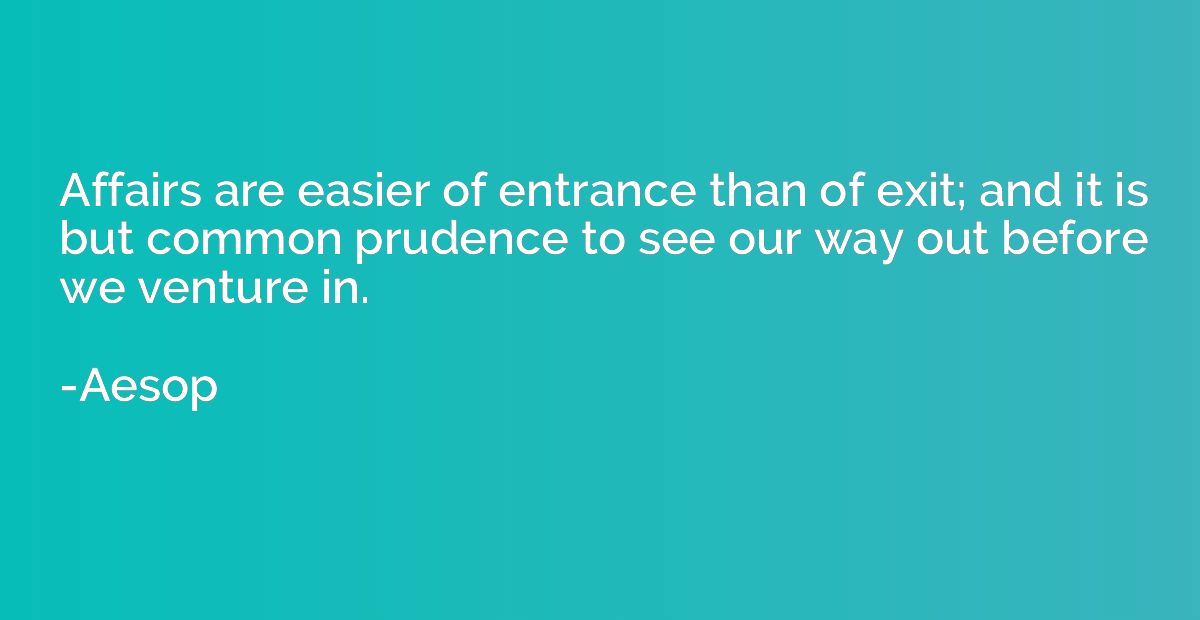
Summary
This quote emphasizes the importance of considering the consequences and potential difficulties before committing to a course of action. It suggests that it is often easier to begin a situation or relationship than to end it. Therefore, it is wise to thoroughly evaluate the potential challenges, consequences, and potential exit strategies before embarking on any endeavor. This quote encourages individuals to practice prudence, ensuring that they have a clear understanding of how to navigate and terminate a situation before they even begin.
Topics
Help
By Aesop



